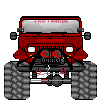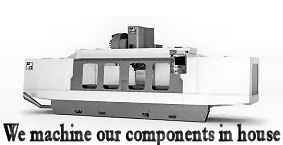I am aware that the vacuum booster is for a low rpm boost to the brakes. But, if air IS in the line I need to remove that first.
I am not discounting the propotioning valve....my question was "Do you need to open the p-valve while performing a power bled? I would like to know if it is absolutely necessary. My limited understanding of the p-valve is that it is always "open". Am I wrong?



 Reply With Quote
Reply With Quote




